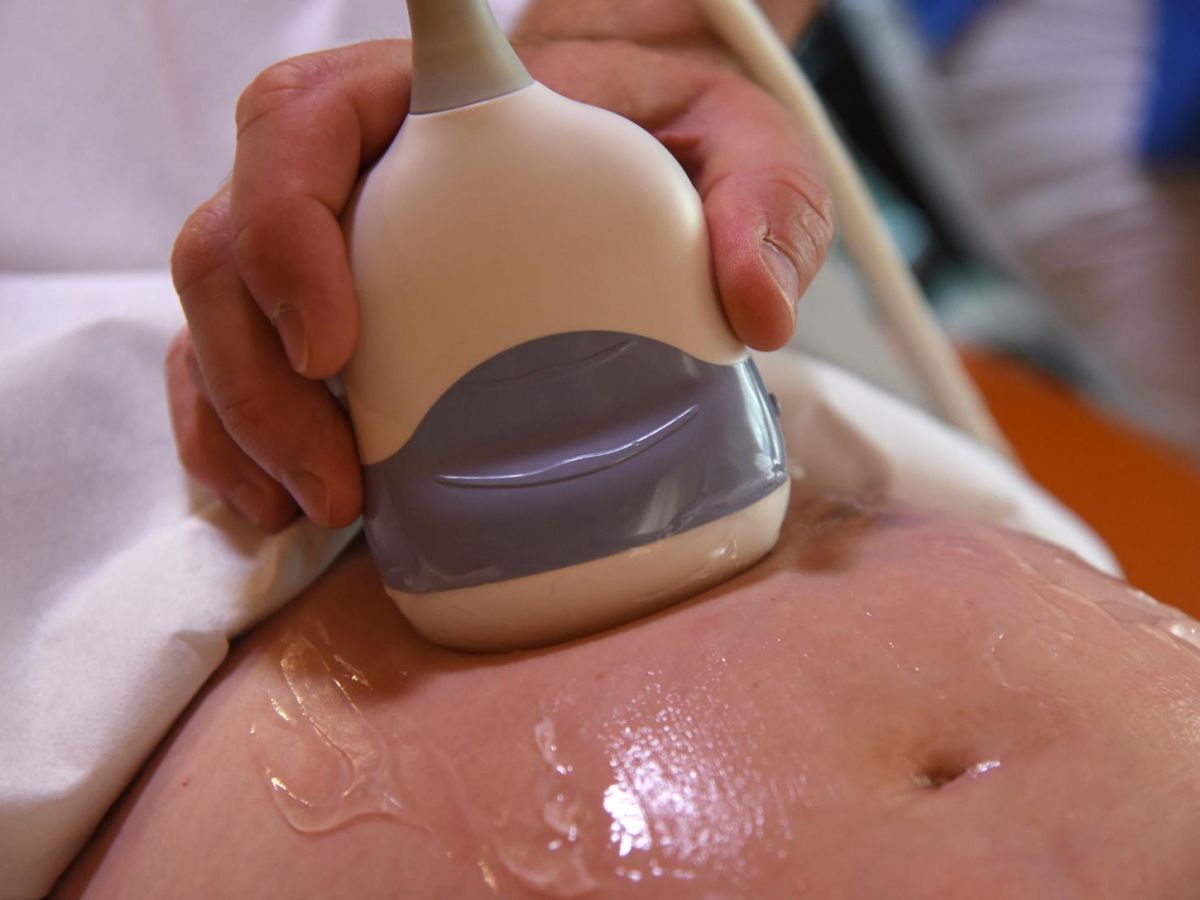New hope for miscarriage? About 15% of all pregnancies worldwide end in miscarriage, or nearly 23 million each year. Experts estimate that one in ten women have suffered a miscarriage, and nearly 2% of women have suffered two or more. These repeated miscarriages can be caused by autoimmune reactions, such as antiphospholipid antibody syndrome, which leads to blood clots and can cause miscarriages in pregnant women.
In women, this syndrome can be treated with anticoagulants, including the combined administration of aspirin and heparin. A new Japanese study, led by Kobe University, shows that this treatment may be effective for other causes of recurrent miscarriage, increasing the likelihood of healthy births. These results were published on September 26, 2024 in the journal Frontiers in Immunology.
Antibodies that attack the uterus and embryo
The antibodies that cause antiphospholipid antibody syndrome target a protein called apolipoprotein H (or glycoprotein b2), which is present on the endometrium (the layer that covers the uterus) and the outer layer (the trophoblast, which will become the placenta) of embryos at the blastocyst stage (about five days after fertilization).
These antibodies are detected in approximately 10 % women who have miscarriages repeatedly, and would act by hindering the development of the embryo and its implantation in the uterus.
Read alsoIt is possible to pause embryo development
But other antibodies targeting this protein are even more common in these women. Japanese researchers showed in 2015 that these antibodies recognize parts of apolipoprotein H that are not targeted by the antibodies traditionally associated with antiphospholipid antibody syndrome. These new autoantibodies (which attack the body that produces them) are detected in more than 20% of cases of recurrent miscarriage.
Aspirin and heparin treatment reduces this risk of miscarriage.
Since the combined administration of aspirin and heparin appears to be effective against this syndrome when it is caused by the already known antibodies, the researchers wanted to know if this treatment would also be effective against these new antibodies. They followed all cases of recurrent miscarriages that occurred at five medical centers in Japan between August 2019 and December 2021, identifying 462 women. Among them, 78 (i.e. 16.9% of the total) had high levels of these new antibodies.
Read alsoUnderstanding and preventing miscarriages with a blood test
About 50 of them became pregnant again before December 2023. But some of these women suffered miscarriages due to chromosomal problems and were excluded from the study. In total, 47 women and 47 pregnancies were followed, including 38 who had these new antibodies, but did not have the antiphospholipid antibodies responsible for the syndrome.
They were divided into groups, the first (with six women) having received no specific treatment, the others receiving aspirin and heparin. Half of the pregnancies in the untreated group resulted in a birth, compared to nearly 90 % in the treated women.
And among the births, half of the untreated group had complications, compared to only 6% of the births of women treated with this combination of aspirin and heparin. Which means that not only does this treatment reduce the risk of miscarriage, it also reduces the risk of complications during birth.
These results were similar when only women who did not have antiphospholipid antibodies were observed, showing that this treatment is also effective against complications caused by these new antibodies. Encouraging results, which nevertheless need to be confirmed by larger studies given the small sample size.

